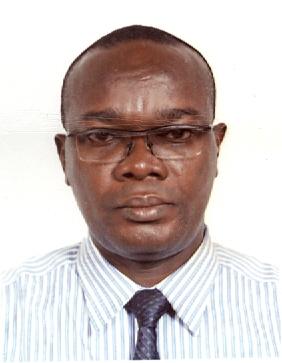The National Executive Director, Chartered Institute of Logistics and Transport Nigeria, Mr. Paul Ndibe has identified the need to take care of all vested interests in the transport sector of the economy as the reason for the delay in securing the approval of the Federal Executive Council for the draft National Transport Policy bill before transmission to the National Assembly for necessary action.
Recall that the Federal Executive Council (FEC) last week at its Weekly meeting in Abuja granted approval for some Executive bills including the National Transport Policy bill 2015 to be transmitted to the National Assembly for enactment into law.
Ndibe who made this known in an interview with Primetime Reporters in Lagos on Wednesday averred that because the National Transport Policy bill was a government bill, it had to take into cognizance every aspect that related to government policies and regulations.
He said,” it is in that respect that even the Federal Ministry of Transport was charged with the responsibility of looking at the supposed bill in its entirety and whatever would have been their proposal, they will be presented to the government with the Ministries of Justice and Finance and every other arm making their input looking at the limiting clauses as it affects the existing government policies in other related areas with a view to revenue generation and making the different arms in the private sector give more clues and run economically”.
“So, that forms the critical thing in the National Transport Policy bill. You know in the last two years, the National Council on Transport was held in Lagos, last year was in Enugu and then three years ago, the Chartered Institute of Logistics and Transport held a roundtable where issues on National Transport Policy were discussed because we at a point started feeling that at a point that Federal Ministry of Transport would have completed issues around it, one thing will come up because maybe the interest of one or two arms in the transport sector may not have reflected properly in the draft bill and when they make a complain, the appropriate thing to do is to wait and look at their complains”.
“The thing keeps delaying until the institute felt like calling for a roundtable discussion on the transport policy. It was held and comments were taken, resolutions adopted and then forwarded to the Federal Ministry of Transport for study as to help them fine-tune what could have been the complains or issues arising from the draft bill. That was taken into considerations”.
“In the National Council on Transport in Lagos, it was discussed and then comments were taken in other related issues and finally, the one in Enugu. So it was after that in Enugu that maybe there were no further complains, they were done with their proposals and now they have to present it to the Federal Executive Council for approval”.
When asked if he was insinuating that the draft bill had never gone to the National Assembly before now as earlier believed, Ndibe said,” certainly, because if it had been presented to the legislature to legislate on, at the point of maybe subjecting it to the public hearing, there will be issues. So, they need to tidy up those issues so that if they call for an open debate or hearing, there won’t be comments at the legislative arm”.
“I think it is a clever way of addressing all the issues rather than bringing it up at the public domain”.

